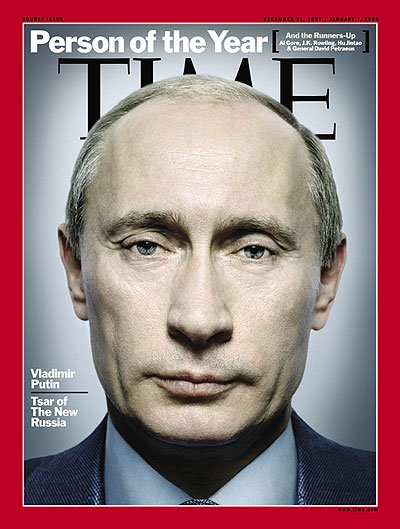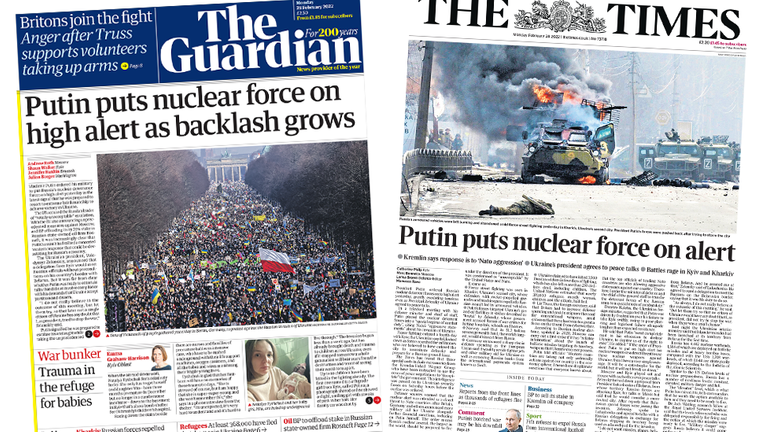With the launch of the first bullets in the Russian war against Western hegemony in the world, which took a cat's claw from neighboring Ukraine, an integrated economic war began against Russia in every sense of the word. It escalated moment by moment. And within just 4 days, it seemed that it covered most aspects of economic life, with the aim of completely paralyzing the Russian economy and isolating Russia from the course of life in Europe.
Thus it seemed from this very rapid European and American behavior (and NATO) that we are in the process of a well-prepared plan, in order to destroy the Russian genie that is trying to restore its glorious history, and it is certain that a similar plan is ready to pounce on the Chinese dragon at the appropriate time.
The socialist bloc, which included about 12 countries led by the Soviet Union, disintegrated in the wake of its disintegration in 1992, as did the military-defensive alliance that had gathered it in approximately the same year, leaving only the North Atlantic Treaty Organization (NATO), which continued to include all the countries of Western Europe, In addition to the United States and Canada, and then he was alone on the world stage, and was interfering everywhere in defense of the interests of his members, even if they were against the interests of the people.
Anyway, going back to the results and repercussions of the economic crusade against Russia now, what are its limits? And what are its fields? What are its direct and indirect methods? What are its harmful consequences for the Russian economy and society? Finally, what are its implications and consequences for Russia's economic relations with the rest of the world, especially the Arab countries?

The limits and areas of the Western economic war on Russia
In accordance with the decisions announced by all the countries of the Western Alliance, including the historically neutral Switzerland and the store of money stolen from the peoples of the world, these decisions included the following areas:
Leading figures in the regime, government and the Russian army. Although it does not have a direct material or financial impact, it is in the West's estimation that it has a moral effect, and may lead to the disintegration of the ring of command and control at the top of the state apparatus.
The banking and banking sector, especially the network linking the monetary system and bank transfers through the "SWIFT" system.
Boycotting Russian foreign trade, export and import, in order to stifle the Russian economy.
Boycotting the energy sector (oil and gas) and searching for alternatives to them from other sources. Here, the extent of the colonial opportunism of the West becomes apparent. They seek an economic blockade, but at the same time they have not turned off the tap of Russian natural gas, given their dire needs for it in the short term (one to three years), so that they can find a guaranteed and permanent alternative, at reasonable prices. Here, it would be one of the biggest strategic mistakes for Algeria, Egypt and Qatar to offer these alternatives to Europe, even if they had them, and fortunately it is not available in sufficient quantity, nor by available means, nor at appropriate prices.
Direct and indirect means
In the first stage of the blockade and economic war, these countries will practice direct action methods by boycotting direct Russian companies, institutions, entities, banks and personalities. In the second stage - which will not usually exceed several weeks - they will move to the methods and means of indirect siege, by imposing punishment, fines and boycotts on all countries, companies, banks and personalities that come to deal with the Russian entities covered by the siege and war.
Here, the problem will be complicated on a global level, given the involvement of the Russian economy for at least 3 decades, specifically since the rise of the Gorbachev group and the Zionist Jews who controlled the helm of Soviet economic work and decision (Chubais and Chernomardin) in the mechanisms of international capitalist economic action. We will see the extent of complexity and complexity when we look at the structure of the current Russian economy, and the pattern of its financial entanglements and its foreign trade with all countries of the world.
Before we delve into the aspects, areas and limits of those losses that are sure to inflict on the Russian economy and society, it may be appropriate to present a panoramic picture of the state of the Russian economy on the eve of the Ukrainian crisis in early 2022.
Economic and productive capabilities and available resources
But Russia's economy is a mixed, high-income economy, in which the strategic sectors are owned by the state. The Russian economy was subjected to a real ordeal when it seized control of government and administration during the reign of drunken President Boris Yeltsin, and the mafia groups that swept around him.
Russian Finance Minister Anton Siluanov also announced that the external debt is less than 20% of GDP, and therefore it is at a safe level. These are the broad features of the Russian economy. How can this economy face economic sanctions that amount to economic, political, media, and even sports war?

